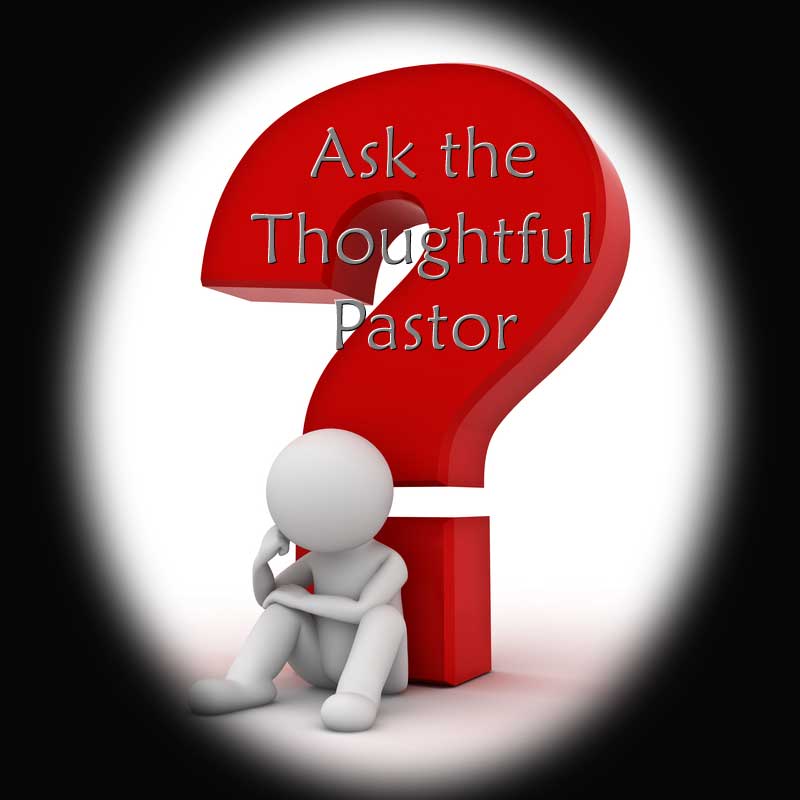I just read the book review of The Reason I Jump, by Naoki Higashida. The reviewer, who has a son with autism, offers a privileged peek into the mind that perceives the world like this:
Colors and patterns swim and clamor for your attention. The fabric softener in your sweater smells as strong as air freshener fired up your nostrils. Your comfy jeans are now as scratchy as steel wool. Your vestibular and proprioceptive senses are also out of kilter, so the floor keeps tilting like a ferry in heavy seas, and you’re no longer sure where your hands and feet are in relation to the rest of you. You can feel the plates of your skull, plus your facial muscles and your jaw; your head feels trapped inside a motorcycle helmet three sizes too small which may or may not explain why the air conditioner is as deafening as an electric drill, but your father—who’s right here in front of you—sounds as if he’s speaking to you from a cellphone, on a train going through lots of short tunnels, in fluent Cantonese.
I finished the review profoundly moved and have made plans to read the book as well.
All of us perceive the world differently. Some experience life as a glide through smooth, soothing, gentle waters; others encounter nothing but raging and terrifying storms, lashed with heaving waves as they anxiously fight for the next breath.
Most of us are someplace in between.
Recently, I’ve heard of people complaining about what looks like out-of-control behavior on the part of autistic children. There is also unquestionably a significant rise in those diagnosed with autism. Some of it may simply be greater awareness of this different brain wiring; there may also be environmental factors that mean many more born with autism. No matter the reason, it’s on the rise.
I also suspect that over the years, many with autism have been labeled as “demon-possessed.” The label is than accompanied by condemnation for the individual and the parents.
All my reading, all my experiences, all my years in ministry and life have pushed me to acknowledge the goodness of a move to the side of more and more graciousness and generosity toward the behavior and beliefs of others.
What I see and experience may not be at all what others see and experience. Knowing this helps me understand the challenges of human communication and why reasonable people, often working from the same information, will end up on radically different sides of an issue.
This is just a call to grace here. That wild political or religious or business or personal opponent or trouble-maker or tormentor may simply be seeing the world through a radically different set of lenses than you or I do.
A long time ago, I learned a basic maxim when seeking healthy communication with others: always assume others are telling truth. And then try to figure out why it is truth to them. I have found it helps a lot.
And the next time a person with autism crosses your path in a way you find uncomfortable, try a big measure of empathy first.











